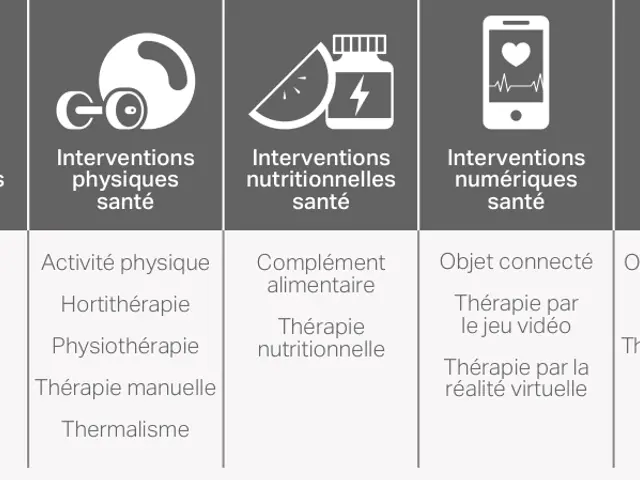EU's ban on bean exports from Nigeria results in an annual loss of $363 million for the country, according to AAPN.
In a press conference held in Abuja, the Alliance for Action Against Pesticides in Nigeria (AAPN) raised concerns about the country's heavy reliance on national pesticides and the subsequent financial losses due to EU trade restrictions.
According to Simon Irtwange, Co-Founder of the AAPN, chronic exposure to these chemicals may lead to reproductive disorders, cancers, and neurotoxicity. Irtwange called for urgent action, advocating for the promotion of safer alternatives such as bio-pesticides, organic fertilizers, and agroecological practices.
The AAPN states that Nigeria loses approximately $363 million annually due to the EU's ban on Nigerian beans exports over hazardous pesticide residues. Over 76% of Nigeria's agricultural exports are routinely rejected by the EU for safety reasons linked to pesticide contamination. This rejection has affected not only beans but also sesame seeds, melon seeds, dried fish, peanut chips, groundnut, palm oil, and yam.
Mrs Oreoluwa Adelakun, Legal Lead at AAPN, urged legislators and regulatory agencies to halt the circulation of highly hazardous pesticides in Nigeria. Adelakun warned that these substances are contaminating water bodies, degrading soil quality, and putting vulnerable groups such as farmers, pregnant women, children, and consumers at serious risk.
As of 2017, Nigerian farmers and agro-based companies were spending an estimated 400 million dollars each year on health insurance. Adelakun criticized the continued distribution of toxic agrochemicals through constituency projects, noting that many farmers and communities remain unaware of the long-term health and environmental risks.
Currently, Nigeria registers and allows over 400 pesticide formulations, over 50% of which are considered highly hazardous and banned in the EU, US, and parts of Asia. Irtwange proposed a pesticide and agroecological control bill to protect the health and environment of Nigerians, emphasizing full disclosure, transparency, public participation, and strong oversight.
More than 80% of pesticides distributed to smallholder farmers in Nigeria have been banned or phased out internationally, mostly due to health and safety concerns. Irtwange suggested integrating safer alternatives into constituency projects, input support schemes, extension services, and budget lines to benefit smallholder farmers.
Simon Irtwange identified various health issues linked to pesticides, including respiratory issues, skin rashes, nausea, vomiting, and eye irritation. The trade restrictions result in massive financial losses and harm Nigeria's global reputation. The AAPN urges the government to take immediate action to protect the health of its citizens and the sustainability of its agricultural sector.
Read also:
- Rapid action required: Scientists urgently working to freeze a severely endangered tree species to prevent its extinction
- New York City Council Proposes Legislation to Eliminate Fluoride from Public Water Supply
- Impact of Alcohol Consumption During Pregnancy: Consequences and Further Details
- The cause behind increased urination after alcohol consumption is explained here.








